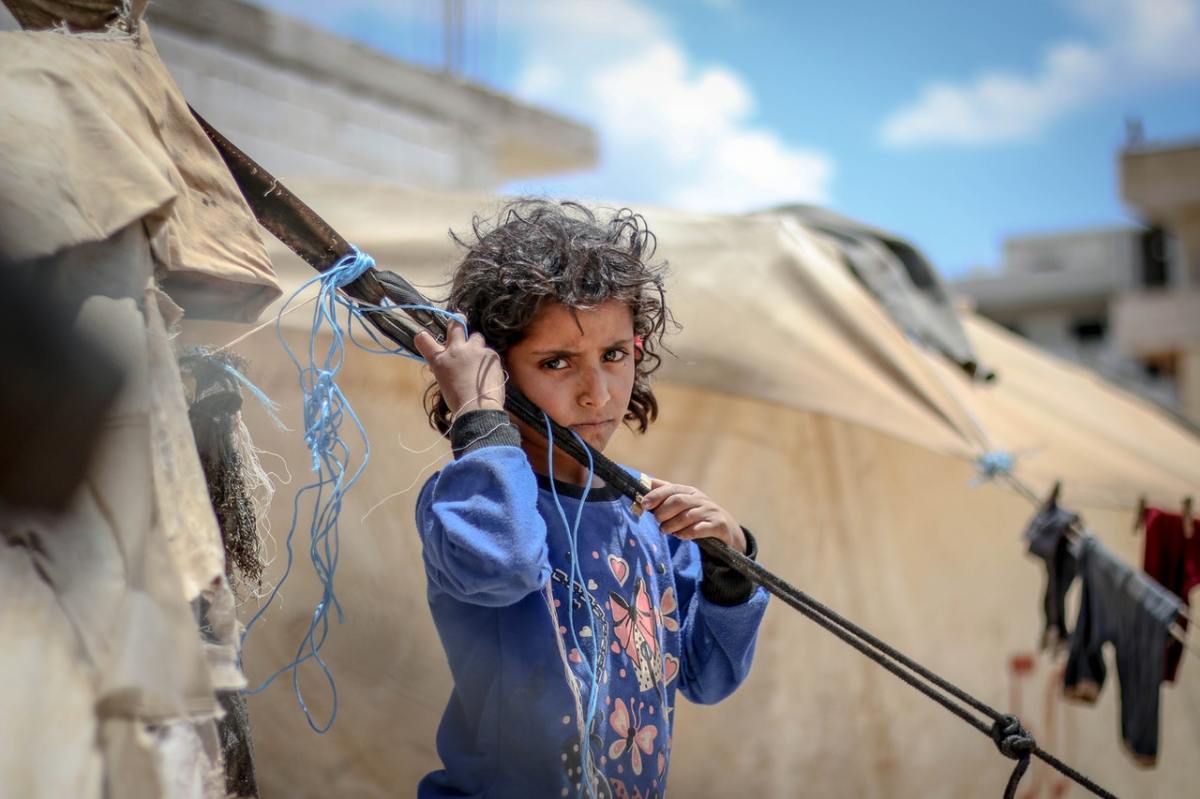Like many Friends I have been struggling with how to help with the influx of refugees from Ukraine. My particular struggle is with the fact that these are being welcomed very differently from others.
I find myself outraged by the overt racism in the journalistic coverage. I am frustrated by the sudden willingness of governments to open their borders to white Europeans when they have been closed to brown and black people fleeing the same devastation.
In the UK for example, Eurostar will give free tickets to Ukrainians going to the UK, and the UK government is offering 350 pounds a month to host Ukrainians. When the refugees were Syrian, potential hosts were required to raise thousands of pounds under the community sponsorship programs, and their air transport was arranged by the UNHCR. When the refugees are African, their transport is small boats across the Channel. They are housed in abandoned hotels and barracks for months and sometimes years before their asylum claims are processed.
I have not joined the vigils for Ukraine. I keep asking “where are those same vigils for Syria? Afghanistan? Palestine? Yemen? Darfur? South Sudan?” I find myself judging those who are only now willing to help rather than being happy that there are so many.
But Ukrainians also need support and welcoming the stranger is holy work. How can I support Ukrainians without supporting the racism behind their different welcome? How can I answer the call to welcome the stranger without taking away from the work that I am already doing with displaced people from Africa?
Maybe I can help by supporting those who are new to this work. I can pass on what I have learned about supporting people who have lost their homes and their families.
So here’s some of what I have learned, in no particular order:
- Respect the dignity of people who have no possessions left. This is not their whole life – it’s a difficult part that is not finished yet.
- Nobody wants to be somebody else’s project. Don’t insist on doing things that people can do for themselves. Give them agency wherever possible.
- Listen when someone wants to talk, but remember that no one owes you their story. This is an important boundary to respect.
- Try to find games to play that don’t require vocabulary. Twister and Jenga are good fun.
- Cook with them, not for them, to the extent possible. Sharing food is an essential human interaction. Let them show you their food and through that, their culture. It will be different from yours.
- Learn a few words in Ukrainian. Teach them your language.
- Find ways that they can give back to you without being your servant. For example, someone with a little English can translate for someone who has none.
- Ask them what they need, but also watch. Not everyone is good at articulating their needs or willing to ask for help.
- Don’t look for gratitude or smiles. They will feel pressure to be grateful, but also resentment that they are in this position. Let them mourn the life they had.
- God’s hands brought them to you and for the time being you are the hands that God has to help them. When it’s time, you will release them back into God’s hands.
- Build a community to help you in this work. Find others around you who are doing this too and share your experiences with them. Learn from theirs.
- Above all, take good care of yourself. You will begin to feel some of the trauma that they are experiencing. Find a way to shed that. They need you whole.
- Be prepared to be changed and enriched by this experience.
Photo by Ahmed akacha from Pexels
